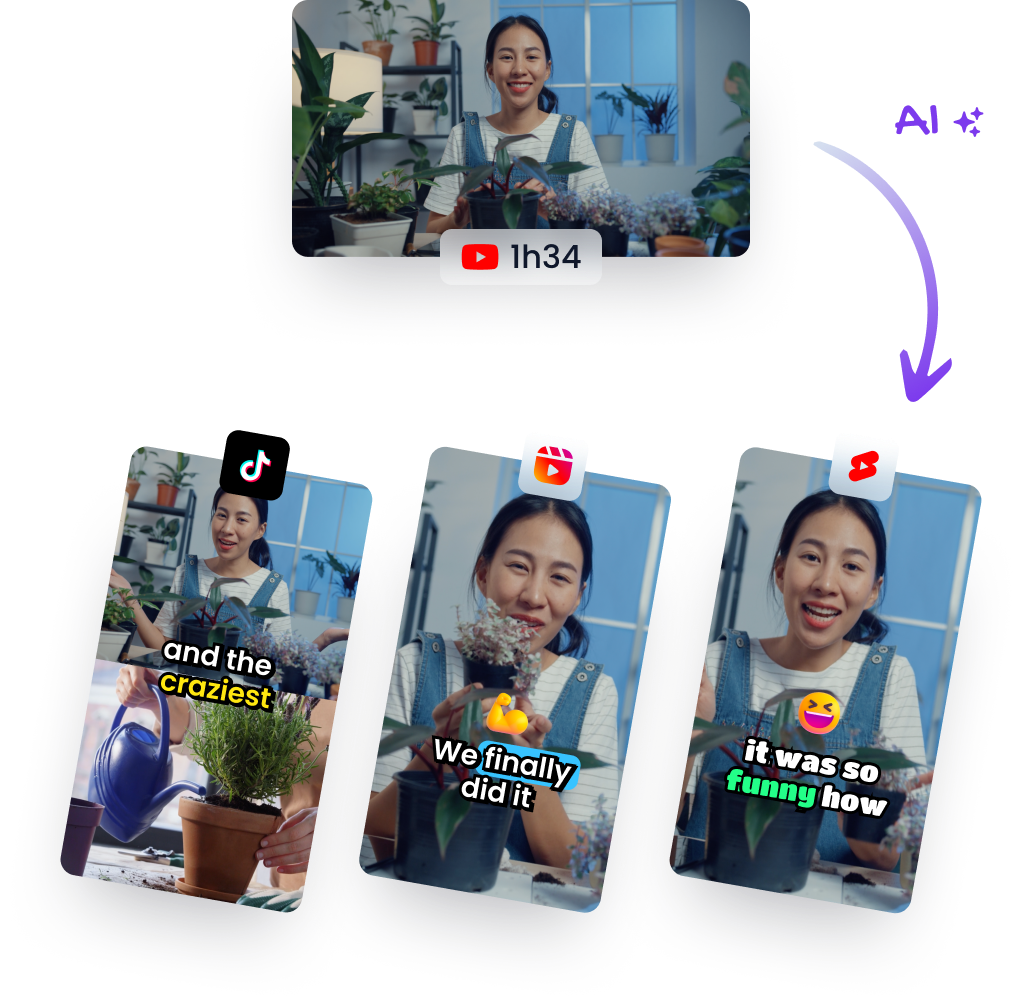AI Search vs. Google: Navigating the Shift
Jan 23, 2024
Artificial IntelligenceTLDR: Watch the AI-generated short
The advent of artificial intelligence (AI) has ushered in a new era of digital exploration, transforming how we seek and process information. As traditional search strategies evolve, understanding the impact of AI on these processes becomes crucial for efficient online navigation.
The Divergence in Digital Inquiry
Consider two scenarios: finding side effects for a specific drug versus searching for the best Mexican restaurant in a city like San Diego. These tasks highlight the distinctive roles that AI-powered tools like ChatGPT and conventional search engines such as Google play in our lives.
When Precision Meets AI
ChatGPT excels when precision is paramount. Whether it's delving into company intranets, managing digital assets, or seeking facts on websites, users can pose direct questions to receive equally direct answers—a stark contrast to sifting through pages of search results.
For instance, asking "What are the side effects of XYZ drug?" yields an immediate response from ChatGPT—no ambiguity involved. This targeted approach is what sets apart conversational AI from its keyword-based counterparts; it understands context and provides concise solutions based on specific queries.
Exploring Options with Google
On the flip side lies Google—the go-to search engine when breadth over depth is preferred. Users looking for subjective opinions or multiple options benefit more from this platform's expansive index.
Take finding "the best Mexican restaurant in San Diego." A query entered into Google returns numerous possibilities along with reviews and rankings—information that helps users make informed decisions by comparing various choices rather than receiving one definitive answer.
Practical Takeaways: Harnessing Both Worlds
To navigate this changing landscape effectively:
- Utilize conversational AI tools like ChatGPT when you need precise information quickly.
- Turn to traditional search engines when exploring topics that benefit from comparison or require extensive research.
- Recognize each tool's strengths—AI for specificity and traditional searches for variety—and apply them accordingly to your informational needs.
Embracing these approaches will streamline your online experiences while ensuring you extract maximum value from both technologies without compromising on quality or accuracy.
In conclusion, as we adapt our digital habits to include both conversational AI platforms and established search engines, awareness of their distinct advantages permits us to harness their full potential efficiently—an essential skill set in today’s fast-paced information age.
